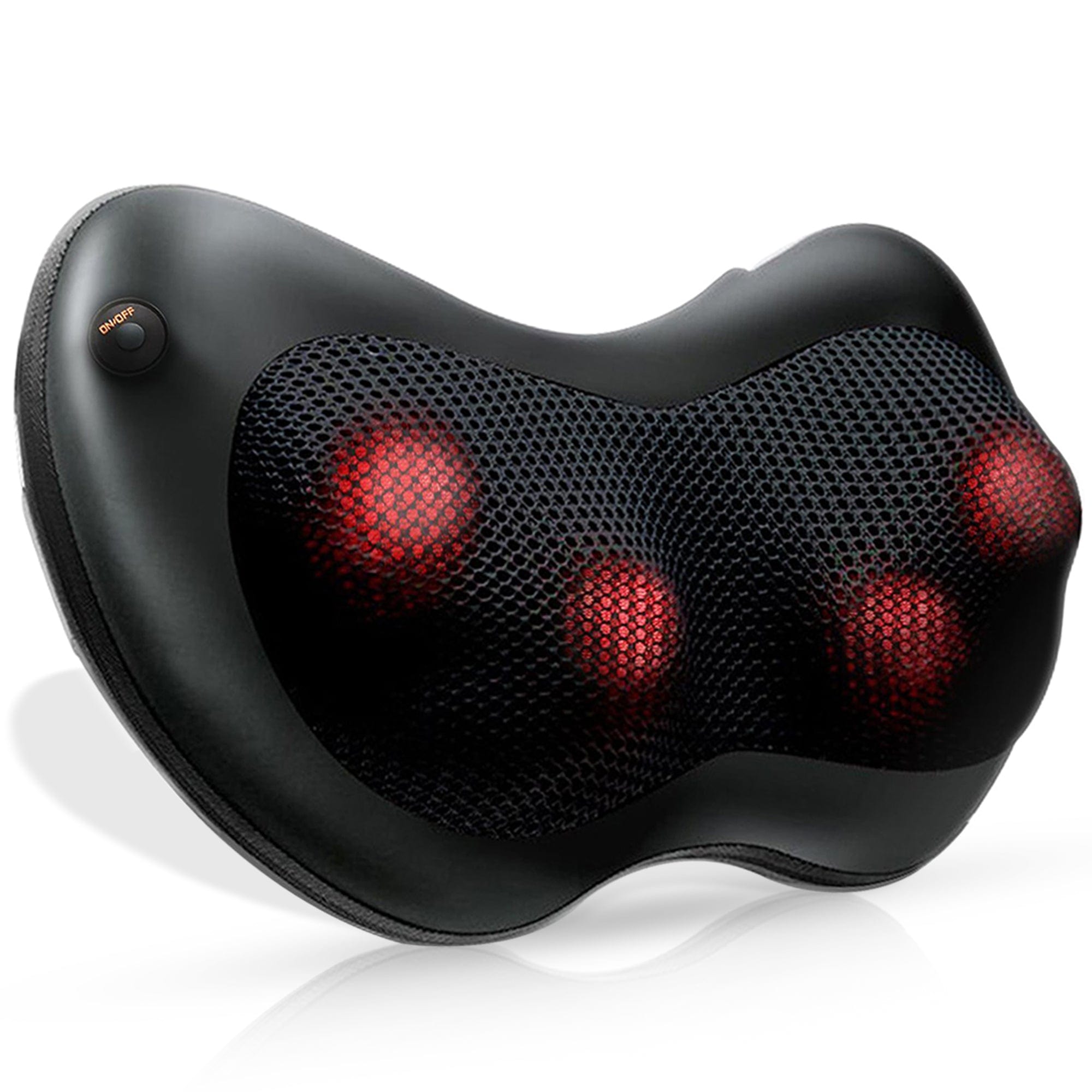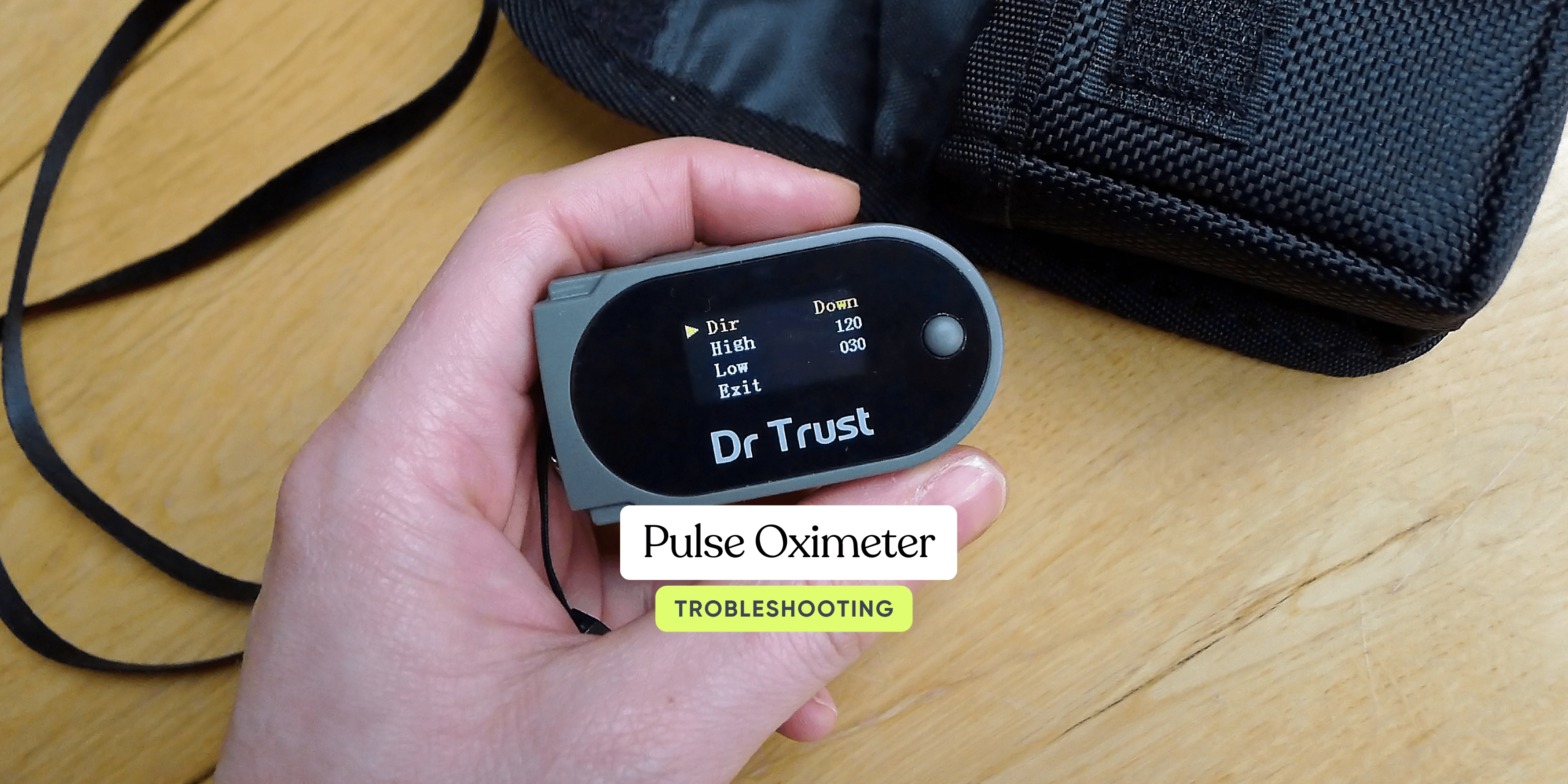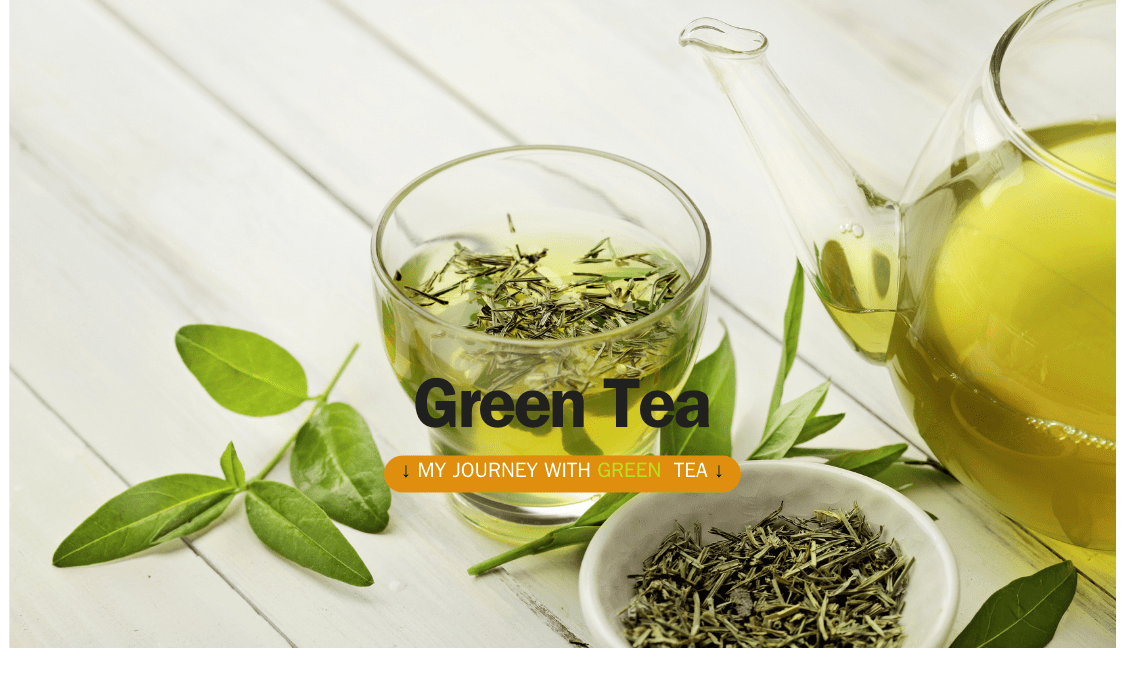In the realm of heart-healthy eating, the DASH Diet stands out as a leading dietary approach, particularly for individuals aiming to manage or prevent hypertension, commonly known as high blood pressure. Developed in the 1990s in response to escalating concerns about healthcare costs and the prevalence of cardiovascular disease, the DASH Diet has garnered widespread recognition for its efficacy in promoting heart health.
THE FACTS ABOUT HYPERTENTION
Hypertension occurs when blood pressure readings exceed 130/80 mm Hg.
Eating too much salt can lead to high blood pressure.
At least 4.6 million deaths in India can be averted by 2040 if half of the people with hypertension manage to keep their blood pressure under control, according to the WHO.
DASH Diet Helps To Stop Hypertension 💉🩸٨ـﮩﮩ٨ـ♡ﮩ٨ـﮩﮩ٨ـ…🩺
Studies have revealed that adhering to the DASH (Dietary Approaches to Stop Hypertension) diet can effectively decrease blood pressure, blood glucose levels, triglycerides, and LDL cholesterol ("bad" cholesterol). This DASH diet is rich in heart-healthy vitamins and minerals such as potassium, calcium, and magnesium, while being low in fat, cholesterol, sodium, and added sugars. Its efficacy in lowering blood pressure is attributed to its emphasis on low sodium levels.
Ensuring a balanced diet is crucial for managing hypertension, but regular monitoring of blood pressure is equally essential. Having a reliable BP monitor at home is key to staying proactive about your cardiovascular health. If you're seeking a reliable BP monitor, explore our selection here.
If you want to know which Dr Trust BP monitor is the best and why? Click here for details.
If you want to know how to use a blood pressure monitor? Here is a comprehensive guide to use a BP monitor correctly.
The Basics of DASH Diet 🥗🥦🥑🥕
After a study published in the New England Journal of Medicine in 1997, the DASH diet got attention for its remarkable efficacy in reducing blood pressure levels among participants.
The study's participants who were instructed to follow to the DASH diet, witnessed notable reductions in blood pressure by adopting a diet regimen rich in fruits, vegetables, and low-fat dairy. Subsequently, the DASH diet has undergone extensive research regarding its efficacy in managing hypertension.
Distinguishing itself from other dietary plans, the DASH Diet has earned acclaim from the American Heart Association (AHA), surpassing even the Mediterranean diet in terms of heart health benefits. Unlike its counterparts, the DASH Diet places a significant emphasis on reducing salt intake, a crucial factor in managing blood pressure levels. (1)
Dietary Guidelines 📋 of the DASH Diet 🥗🥦🥑🥕
The dietary guidelines of the DASH Diet are straightforward yet comprehensive, advocating for a wholesome approach to eating:
#1. Incorporate whole grains abundantly, opting for options like whole grain pasta, bread, oats, and cereal.
#2. Prioritize fruits and vegetables daily, with an emphasis on non-starchy, leafy greens such as spinach and kale.
#3. Moderate consumption of lean meats, proteins, and fish, ensuring a balanced intake.
#4. Include dairy in moderation, opting for low-fat or fat-free varieties.
#5. Limit nuts, seeds, legumes, fats, and oils to several times per week or less.
#6. Restrict intake of sweets, processed foods, and sodium-laden condiments.
#7. Avoid or minimize alcohol consumption.
#8. Substitute salt with herbs and spices for seasoning, adhering to salt restrictions without compromising flavor.
To illustrate the practical application of the DASH Diet, consider a typical day's meal plan:
🥛 | ☕♡🍞 Breakfast: Avocado toast on multigrain bread with a fried egg, accompanied by low-fat yogurt topped with fruit.
🍽️🥗🥪🍱 Lunch: Whole wheat pasta with shrimp and peppers for a wholesome midday meal.
🍝🍴 🥂 🍽 Dinner: Grilled chicken served with a side of Brussels sprouts and broccoli, rounding off the day with a nutritious and satisfying dinner.
Simple👉 Tips to Begin the DASH Diet 🥗🥦🥑🥕
How to get started with DASH Diet? Rather than making drastic changes, by making small changes to your eating habits, you can gradually transition to this heart-healthy eating plan. Here are some simple steps to begin your journey on the DASH diet:
👉 Tip #1. Add more vegetables and fruits to your meals. This could be as simple as adding sliced tomatoes to your sandwich or having a piece of fruit as a snack.
👉 Tip #2. Incorporate meat-free meals. You can start with plant-based protein sources like beans, lentils, tofu, or tempeh.
👉 Tip #3. Use herbs and spices instead of salt. Enhance the flavor of your meals with herbs and spices rather than relying on salt.
Eating too much salt 🧂 can lead to all the health problems high blood pressure causes, including heart disease, stroke, kidney disease and some types of dementia. Cutting down on salt is one of the simplest ways to lower your blood pressure. High blood pressure can be dangerous, with complications including blindness and stroke. (2)
Do you want to reduce your daily salt intake? Here are effective ways to reduce daily salt intake
👉 Tip #4. Choose healthier snack options including nuts like almonds, pecans, or walnuts as snacks instead of high-sodium options like potato chips.
👉 Tip #5. Switch to whole grain options like whole-wheat bread, brown rice, and whole-grain pasta for added fiber and nutrients.
👉 Tip #6. Stay active by taking a 15-minute walk after lunch or dinner, or even both if possible.
👉 Tip #7. Don’t forget to follow the DASH diet principles when dining out.
In conclusion, the DASH diet is a holistic approach to nutrition, emphasizing whole foods and mindful dietary choices to support overall health and well-being, particularly in the context of blood pressure management. By prioritizing nutrient-rich foods, minimizing sodium intake, and promoting balanced eating habits, the DASH Diet offers a sustainable and effective strategy for combating hypertension and fostering overall well-being.











1 comment
Hypothyroid N High Bp
I’ve hypothyroid n high BP how can I get proper dash diet plan and consideration of a doctor if possible online
I’ve hypothyroid n high BP how can I get proper dash diet plan and consideration of a doctor if possible online